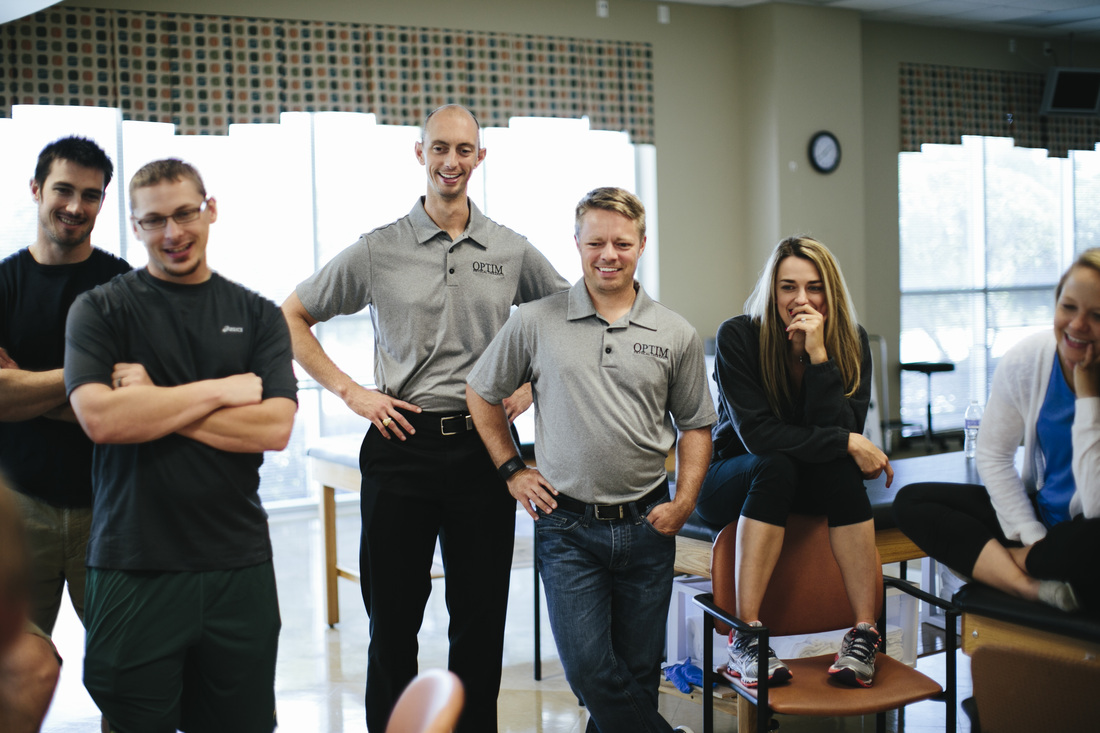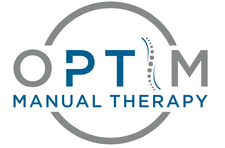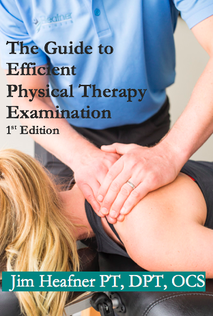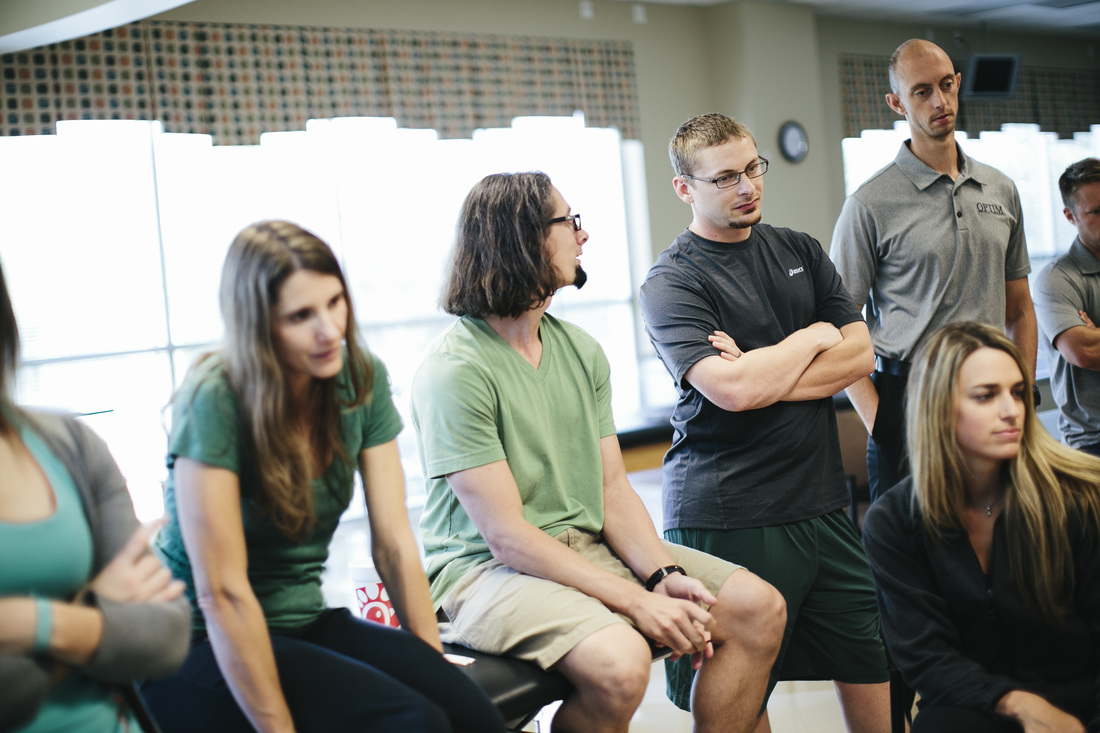 I cannot stress enough the importance of thorough preparation prior to an interview. This preparation should include a wide range of topics including self reflection of strengths and weaknesses, a deep understanding of the program you are applying for, achievements of the faculty at the program, and most importantly 'why' you are applying for the program. While preparing for my Orthopedic Residency at the Harris Health System in Houston, TX, I studied common interview questions and personalized them to questions that would likely be asked during my interview. Next, I practiced each question in the mirror, with a friend, and with my clinical instructors. Since each program will likely have a combination of panel interviews and smaller side interviews, it is important to be well-rounded and dynamic in each environment. Interviewing is like public speaking. It gets easier and less intimidating with practice.Questions the program will likely ask the candidate1. Why did you apply for our program? Answering this question is your opportunity to show the interviewees that you have studied their program. In other words, this in the chance to explain why you are the unique applicant they are looking for! Your answer should highlight some of their specific programs features (i.e. journal clubs, local teaching opportunities, involvement in the local PT association). Do not be generic with this response! 2. What are your strengths and weaknesses? This is one of the most commonly asked interview questions. Know your top 3 strengths and top 3 weaknesses. The program wants to see if your strengths match the strengths of the program. Give personal examples regarding how you have lived out each of your strengths. More importantly, the program wants to see what steps you are actively taking to improve your weaknesses. 3. What are your short and long term goals? Having short and long term goals demonstrates that you have thought about your future. In my case, I made sure that my long term goals lined up with characteristics that the Harris Health System program would value. For example, I was applying for an Orthopedic Manual Therapy Residency. Therefore, one of my long term goals was to become an Orthopedic Manual Therapy Fellow as well teach Orthopedic PT across the country. Other common questions: 1. Explain a situation where you had to deal with a tough ethical dilemma. 2. Describe a time where you had a conflict with a superior/boss. How did you resolve this conflict? 3. How do you see the profession of PT evolving with the recent changes in government, healthcare, and PT reimbursement? Questions you should be asking the program1. How are the mentoring hours structured? How many 1-on-1 hours are spent each week working with a mentor? 2. Is the program currently conducting any research? 3. What is the pass rate of the prior graduates on their specialty examination? ==> This questions will show you if the program is adequately prepping their residents for the specialty exam. 4. What are the former graduates currently doing- Are they still working with the residency program? Are they involved in the APTA? ==> I find it a red flag if the program does not know where their graduates are currently working OR if none of the graduates are affiliated with the program. Final ThoughtsSpend quality time writing out answers to every potential interview question, then practice over and over! Additionally, be familiar with information regarding the APTA Core Values, APTA Vision and Mission Statement, and local state PT laws of the program that you are applying for. Residency and Fellowship programs are very competitive. In order to succeed you must identify the characteristics in yourself that differentiate you from the competition! -Jim Heafner PT, DPT, OCS  Interested in learning more from OPTIM COMT and Manual Therapy Fellowship Program? OPTIM is now enrolling it's Dallas Cohort! We structure our COMT program similar to an Orthopedic Residency. With 6 weekend courses and weekly online mentoring, our mission is to change your clinical practice!  Want to improve your clinical examination efficiency? OPTIM Faculty and author of this post, Jim Heafner PT, DPT, OCS, recently published 'The Guide to Efficient Physical Therapy Examination.' His ebook guides students and physical therapists through an efficient lumbar, cervical, shoulder, and lower quarter examination. Click HERE to BUY NOW! (Use promo code TSPT50 at checkout to save >$20!)
0 Comments
Leave a Reply. |
Details
ContactEmail Good readsCategories |

 RSS Feed
RSS Feed